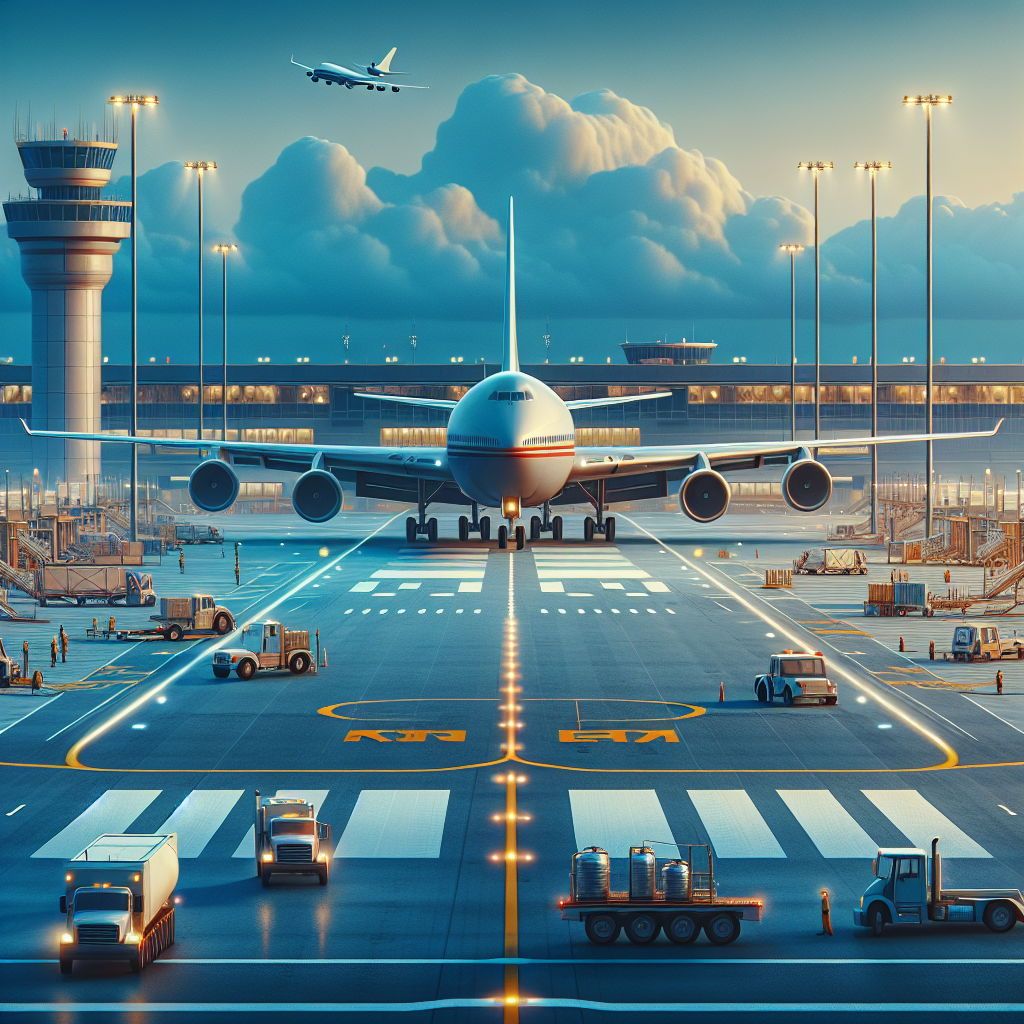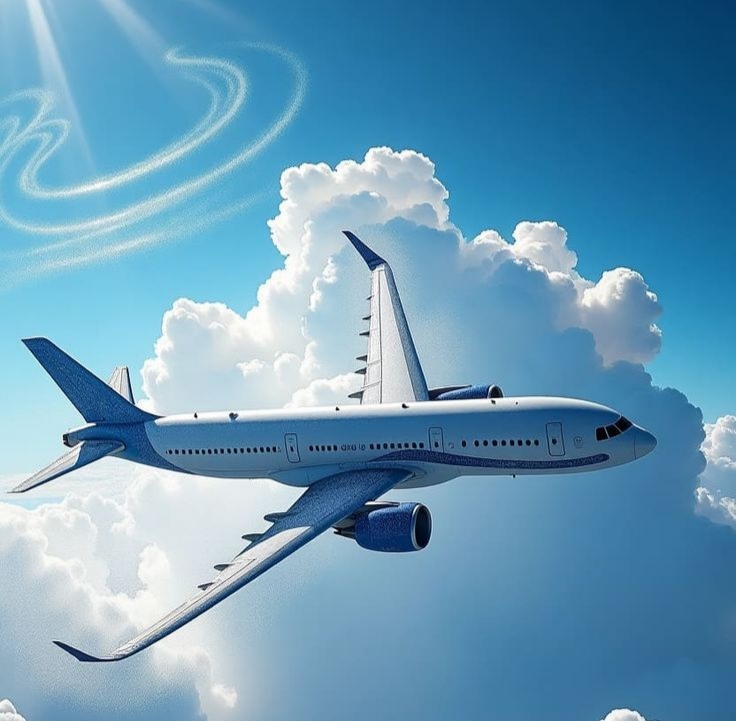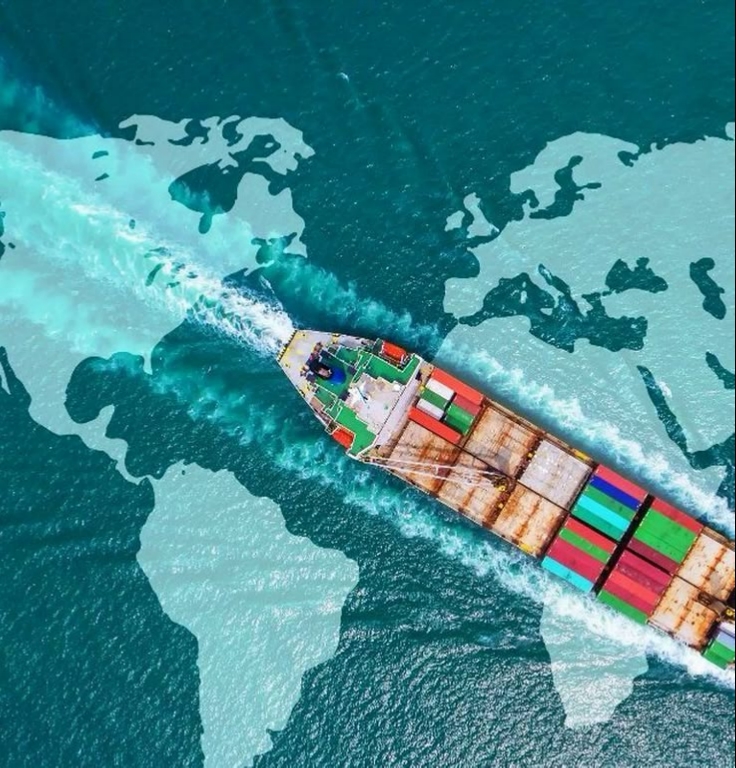- By Della tj
- September 4, 2025
- Air Freight, Shipping
Trade between China and Singapore is one of the most dynamic in Asia. Businesses importing electronics, textiles, and machinery rely heavily on air freight China to Singapore for speed and reliability. However, freight costs vary depending on weight, dimensions, airline routes, and customs requirements. Moreover, without proper planning, importers risk delays, hidden fees, and missed delivery schedules. This comprehensive guide explains pricing, transit times, customs paperwork, real cases, and strategies to streamline your logistics.

1. Why Choose Air Freight from China to Singapore?
Air freight dominates trade lanes for time-sensitive, high-value, or perishable products. Compared to sea freight, it is faster, more secure, and offers predictable schedules. Accordingly, businesses often choose air freight for electronics, pharmaceuticals, and urgent shipments.
2.How Much Does Air Freight from China to Singapore Cost?
| Weight Bracket | Average Rate (USD per kg) | Transit Time |
|---|---|---|
| 0–45 kg | $7.00 – $9.00 | 2–4 days |
| 45–100 kg | $6.00 – $8.50 | 2–4 days |
| 100–300 kg | $5.50 – $7.00 | 3–5 days |
| 300+ kg | $4.80 – $6.20 | 4–6 days |
Additionally, peak seasons such as Chinese New Year increase rates by 10–20%.
3.How Long Does Air Freight Take?
| Origin City (China) | Destination (Singapore) | Average Transit Time |
|---|---|---|
| Shanghai | Singapore Changi | 3–4 days |
| Shenzhen | Singapore Changi | 2–3 days |
| Beijing | Singapore Changi | 4–5 days |
| Guangzhou | Singapore Changi | 3–4 days |
On the other hand, express courier services can deliver within 2 days but at higher costs.
Ready to streamline your shipping? Contact us today for a fast, Partner with TopChinaFreight to receive a tailored logistics solution that matches your shipping needs.
4. What Documents Are Required for Customs Clearance?
| Document | Purpose |
|---|---|
| Air Waybill (AWB) | Contract of carriage |
| Commercial Invoice | Declares product value |
| Packing List | Details weight and dimensions |
| Certificate of Origin | Confirms production country |
| Import Permit | Needed for restricted products |
| Customs Declaration | Mandatory in Singapore for all imports |
Without a doubt, accurate paperwork avoids costly delays at Singapore Customs.
5. What Factors Influence Air Freight Charges?
- Cargo Weight & Dimensions – Airlines charge based on actual or volumetric weight.
- Fuel Surcharges – Fluctuating oil prices affect freight rates.
- Seasonality – Rates peak before major holidays.
- Airline Choice – Carriers like Singapore Airlines Cargo and China Southern Cargo have different tariffs.
- Incoterms – CIF, FOB, or DDP define responsibility for costs.
As a result, optimizing packaging and consolidating shipments can reduce expenses.
6. Pros and Cons of Air Freight vs Sea Freight
| Mode | Pros | Cons |
|---|---|---|
| Air Freight | Fast, reliable, secure, lower insurance | Expensive per kg, limited size |
| Sea Freight | Cheapest for bulk, high capacity | Slow, longer customs process |
To illustrate, urgent electronics are better by air, while raw materials suit sea freight.
7. How to Reduce Air Freight Costs?
- Book in Advance: Airlines offer better rates for early bookings.
- Consolidate Shipments: Share space to reduce per-unit costs.
- Optimize Packaging: Minimize volumetric weight charges.
- Choose Off-Peak: Avoid holidays when rates spike.
- Work with Forwarders: Professionals negotiate with carriers for discounts.
For example, one importer reduced costs by 18% by consolidating weekly shipments from Shenzhen into one larger load.
8.Real Case Studies
Case 1: Electronics Shipment Shenzhen → Singapore
- Cargo: 120 kg smartphones
- Cost: $780
- Transit: 3 days
- Result: Delivered on time for retail launch, saving 2 weeks compared to sea freight.
Case 2: Pharmaceuticals Beijing → Singapore
- Cargo: 250 kg medical supplies, temperature-controlled
- Cost: $1,550
- Transit: 4 days
- Result: Delivered with strict cold chain, avoiding penalties.
9.Conclusion
The air freight China to Singapore route is vital for companies requiring speed, reliability, and secure transport. Transit averages 2–5 days, while costs range from $5–9 per kg depending on weight and season. To summarize, businesses that plan ahead, consolidate shipments, and work with experienced forwarders reduce expenses and improve delivery reliability. Ultimately, strategic logistics ensures strong supply chains between China and Singapore.
Request a Quote
Need a tailored solution for your shipping from China?
Let TJ China Freight Forwarder assist you with reliable, cost-effective service.
FAQ:
Q1.What is the cheapest option for small shipments from China to Singapore?
Courier services like DHL or FedEx provide affordable solutions for under 45 kg cargo, making China to Singapore air courier services cost-effective for e-commerce.
Q2.How long does customs clearance take in Singapore?
Usually 1–2 days if paperwork is accurate. Importers using air freight from China to Singapore should prepare invoices, AWB, and permits to avoid delays.
Q3.Can oversized cargo be shipped by air?
Yes, cargo airlines accept oversized loads if packaged properly. Working with a forwarder specializing in China to Singapore oversized air freight ensures space allocation.
Q4.What are the peak seasons affecting air freight rates?
Chinese New Year, Golden Week, and Christmas increase demand. Booking early helps secure lower air freight China to Singapore rates during these times.
Q5.Which airports in China handle most shipments to Singapore?
Shanghai Pudong, Shenzhen Bao’an, Guangzhou Baiyun, and Beijing Capital are top hubs for air freight routes from China to Singapore.



